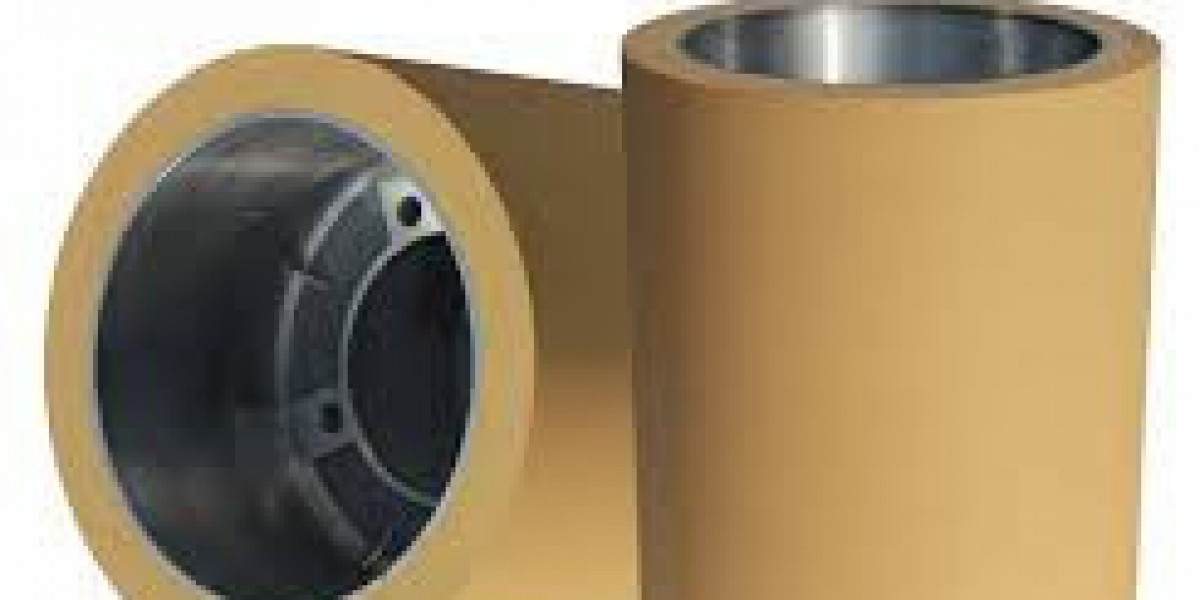In the world of wigs, weaves, and extensions, human hair is a premium commodity—valued not just for its versatility and durability but for the natural look it provides. But behind every bundle of hair is a story. As global demand continues to rise, so does scrutiny on how human hair is sourced. This brings us to a vital question: Is your hair ethically sourced?
Ethical hair sourcing ensures transparency, fair trade, and human dignity throughout the supply chain. In this blog, we’ll unpack what ethical hair sourcing means, why it matters, and what buyers should know before making a purchase.
If you are searching for a Visit to a Hair Extensions Manufacturer in West Virginia, you can connect with Oriental Hair.
1. What Is Ethical Hair Sourcing?
Ethical hair sourcing refers to the responsible collection, processing, and sale of human hair, ensuring:
The donor has given informed consent.
Donors are compensated fairly (if applicable).
Hair is collected voluntarily, without exploitation.
The supply chain is transparent, clean, and respectful.
In essence, ethical sourcing puts the well-being of the donor at the center of the hair trade.
2. Why Ethical Sourcing Matters
While hair is a beauty product to many, it holds deep cultural, religious, and personal value to those who grow and donate it. When sourcing is unethical, it often involves:
Deception or coercion
Unfair compensation
Human trafficking or child labor
Lack of transparency in supply chains
For customers, using hair sourced unethically can be uncomfortable or even morally unacceptable. Ethical sourcing promotes dignity, respect and empowers communities, especially women in low-income regions.
3. Major Hair-Sourcing Regions and Practices
Let’s explore how human hair is typically sourced across major regions:
India: Temple Hair Donations
India is one of the largest suppliers of human hair, particularly through temple hair donations. Devotees voluntarily shave their heads at temples such as Tirupati, offering their hair as a spiritual act of humility and sacrifice. The temples auction this hair to suppliers, and the proceeds fund charitable work, including hospitals, schools, and food services.
✅ Ethical if the process is transparent and donors are aware.
❌ Unethical if intermediaries mislead or underpay temples.
Vietnam & Southeast Asia: Direct Seller Model
In Vietnam and Cambodia, women often grow their hair intentionally to sell it. Hair collectors buy from individuals or small rural communities. Vietnamese hair, in particular, is known for being strong, healthy, and untreated.
✅ Ethical if sellers are informed and compensated fairly.
❌ Unethical if collectors exploit the economic vulnerability of women.
For more information, visit our website: https://orientalhairs.com/
China: Industrial Sourcing
China is a major player in processing and exporting human hair, but it often sources from multiple countries. Hair can be mixed or labeled inaccurately (e.g., "Brazilian" or "Peruvian" hair often has no connection to those regions). Many large factories process non-Remy or synthetic hair blends, often under poor labor conditions.
✅ Ethical if traceability is verified and labor laws are respected.
❌ Unethical when hair origin is misrepresented or labor is exploited.
4. Red Flags in Unethical Hair Trade
To be a responsible buyer, watch out for signs of unethical practices:
Unusually low prices for “100% virgin Remy hair.”
Vague or evasive answers about the origin of the hair.
No mention of donor compensation or consent.
No clear sourcing location (e.g., “Brazilian hair” made in China).
Inconsistent textures in bundles, suggesting mixing.
If something seems too good to be true, it probably is.
5. Certifications and Transparency: Do They Exist?
Currently, the hair industry lacks universal certifications like those seen in fashion or food (e.g., Fair Trade, Organic). However, some reputable companies and suppliers voluntarily disclose their sourcing methods, showing:
Videos or photos of the donor process
Detailed origin labeling (e.g., “Donated in Bac Ninh, Vietnam”)
Direct trade relationships with villages or temples
Ethical supply chain partnerships
You can also ask for documentation, references, or testimonials when in doubt.
6. How Ethical Hair Benefits Donors and Buyers
Ethically sourced hair doesn’t just feel better morally—it also builds long-term trust in the industry.
For Donors:
Provides income opportunities in rural communities
Supports spiritual or cultural practices
Ensures respect and dignity for their contribution
For Buyers:
Higher quality, traceable hair
Peace of mind and pride in your purchase
Strengthens the ethical economy and holds suppliers accountable
7. How to Ensure You’re Buying Ethically Sourced Hair
Whether you’re a salon owner, influencer, or first-time buyer, here are tips to vet your suppliers:
If you searching for Visit Hair Extensions Suppliers in Mumbai? You can connect with Hair Arena.
✅ Ask the Right Questions:
Where was the hair sourced?
Was the donor compensated?
Is the hair 100% from a single donor (virgin Remy)?
Is this hair processed or raw?
Do you have photos/videos of your sourcing process?
✅ Choose Transparency Over Hype:
Avoid companies that use generic marketing terms without proof. Labels like “Brazilian” or “Peruvian” are often branding, not origin.
✅ Read Reviews:
Reputable suppliers will have positive feedback across platforms. Look for comments about quality, consistency, and customer service.
✅ Support Ethical Brands:
Some brands work directly with villages or temples, reinvest in local communities, and highlight their ethical practices in their marketing.
8. The Future of Ethical Hair Sourcing
The hair industry is evolving, and ethical sourcing is becoming a major priority. Consumers are demanding more transparency, and some governments are exploring regulations to prevent hair trafficking and exploitation.
Future trends may include:
Blockchain tracking to verify hair origins.
Fair Trade certifications
Stricter customs inspections for imported human hair
AI-powered quality checks and verification systems
Companies that embrace ethical sourcing now will be the trusted leaders of tomorrow.
For more information, visit our website: https://hairarena.in/
Final Thoughts
Ethical hair sourcing isn’t just a trend—it’s a necessity. Behind every strand of hair is a real person, and respecting that person’s rights, culture, and labor is non-negotiable in a just industry.
As a buyer or business owner, you have power. By choosing ethically sourced hair, you contribute to a more transparent, honest, and fair beauty industry—one that values human dignity as much as it does human hair.
So next time you run your fingers through a silky bundle or try on a new wig, take a moment to ask: Do I know the story behind this hair?
Because beautiful hair should come with a beautiful conscience.
Follow these links as well.
https://hairarena3.blogspot.com/2025/03/hair-arena-your-ultimate-destination.html








